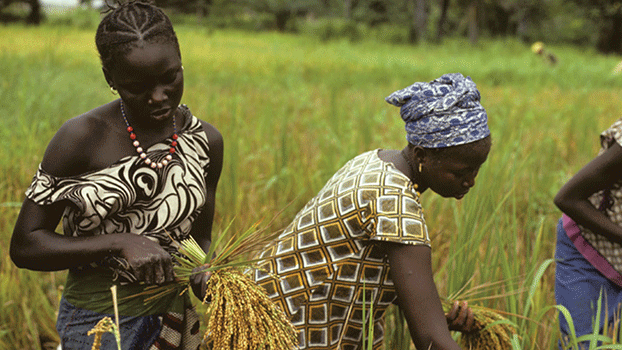
This recent publication by our Southern Africa, South Asia, and East Africa Regional Offices aims to generate a better understanding over the seed landscapes in Tanzania and India. It compares the concepts, policies, actors, and existing strategies over seed systems in these two countries. Findings show that farmer-managed seed systems cannot function on their own without a strong public sector supporting them. In India, for instance, the Biological Diversity Act supports local-level conservation work and a framework for benefit sharing exists. In Tanzania, on the other hand, the Quality Declared Seed (QDS) model is a good starting point to support farmer-managed seed systems. In both countries, growing corporate power and its influence over policy makers poses a fundamental challenge. Based on its findings, the study lists five key recommendations for civil society actors and social movements that seek to strengthen farmer-managed seed systems: conceptual clarity; local action; public rebuilding, national advocacy, and international solidarity.
Shalini Bhutani is a legal researcher and policy analyst. This publication was a joint project of the Rosa-Luxemburg-Stiftung, TOAM—Tanzania Organic Agriculture Movement, and TABIO—Tanzania Alliance for Biodiversity.